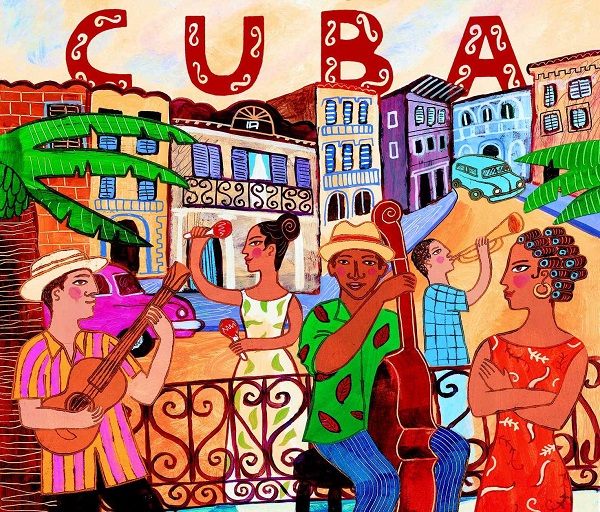9.12.1 Gaspar Agüero Barreras. First Cuban music pedagogue.

Gaspar Agüero Barreras, Cuban pianist, researcher, composer, and choir director, was born on February 15, 1873, in the province of Camagüey. A few months after his birth, his family moved to Havana, so he spent all his professional experience in the capital until his death. He studied music with his father, Oliverio Agüero; he later continued with Rafael Palau, completing his studies in Europe.
He carried out an important role as a professor at the National Conservatory since 1902. In 1915, he joined the Music Department at the Teacher Training College in Havana. He was a professor of solfeggio, music theory, and composition at the Hubert de Blanck National Conservatory of Music, organist at the Iglesia del Cristo, and director of the Orfeón Catalá choir. He was also a professor at the Center for Shop Assistants and directed the Teacher Training College in Havana from 1922 to 1924. He was a member of the National Academy of Arts and Letters and the Economic Society of Friends of the Country.
Gaspar Agüero offered music pedagogy courses at the Ateneo. He contributed to the magazines La Gaceta Musical, directed by Serafín Ramírez, and Cuba Musical, directed by José Marín Varona. He collaborated with Fernando Ortiz on numerous research projects. His work Alegría Sonnia premiered at the National Theater (Paseo and 39th Street, Vedado, Plaza de la Revolución, Havana) by the Havana Symphony Orchestra, conducted by Gonzalo Roig.
Among his pieces for the Lyric Theatre we can mention: The Talking Cinematograph or The Naval Battle of Santiago de Cuba, 1901; Orphaned and Alone I Was Left in the World, 1901; The Country of Joke, 1902; Don Tadeo’s Inn, 1903; Angel’s Hill, 1904; The Effects of the Belt, 1905; The Free Shipwreck, 1906; Gabriela’s Whims; In the Street and Without a Key and Disgusted with the Night Watchman, 1907; and Sea Baths and The Law of Hunger, 1909.
His active bibliography includes: The African Contribution to Cuban Popular Music; Afro-Cuban Studies (Havana) (V), 1940-1946; and The Composer Nicolás Ruiz Espadero. Havana, Directorate of Culture, 1939. In his passive bibliography, we should emphasize titles such as: Edgardo Martín. Historical Panorama of Cuban Music; and Elena Pérez Sanjurjo. History of Cuban Music.
Gaspar Agüero Barreras earned a PhD in Pedagogy and is the first Cuban music educator.








